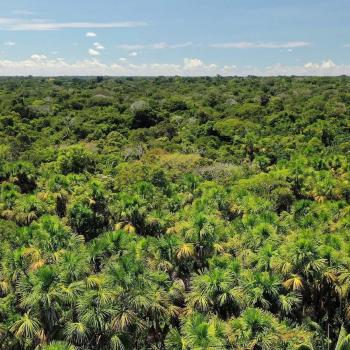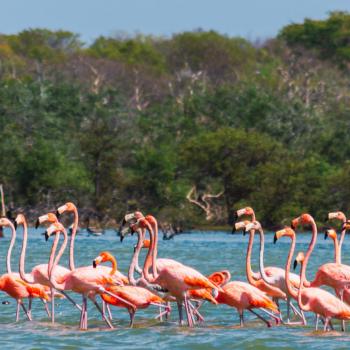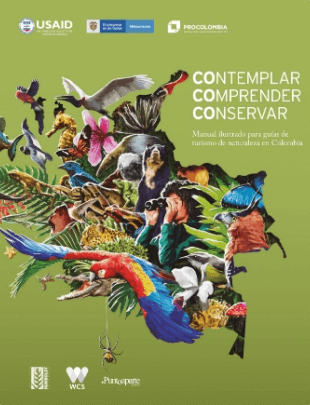Government and Administrative Division
Colombia is a democratic, multicultural state with 102 indigenous communities and 10% of African-descendant population. It is a unitary state that centralizes political institutions and decentralizes administrative functions, where public power is divided into three branches (legislative, executive and judicial), with regulatory agencies such as the Office of the Nation’s General Procurator,the Comptroller-General of the Republic, the Public Prosecutor’s Office and citizen regulatory agencies. Colombia holds presidential and territorial elections every 4 years, and the current President of the Republic is Ivan Duque Marquez.
The country’s diversity is also evident throughout six regions (Caribbean, Pacific, Andean, Orinoco and Amazon) and its 32 departments. The main Colombian cities are Bogota, Medellin, Cali, Barranquilla and Cartagena de Indias. Each of them has unique tourist attractions: cultural diversity in Bogota, green parks in Medellin, the rhythm of salsa in Cali, the Carnival in Barranquilla (where you can also witness the Magdalena river’s great delta into the Caribbean Sea) and the colonial heritage of beautiful Cartagena. In total, Colombia has 1,123 municipalities.
Hospitality Industry and Tourism
One of the reasons tourists and travelers praise Colombia is its well-developed hotel infrastructure that responds to visitors’ various needs. Currently, the hotel offer in Colombia comprises a total of 9,635 hotels, according to figures from the National Tourism Registry. Be it for leisure, luxury, adventure, or multi-ethnic experiences, hotels in Colombia are as diverse as the country and thus meet tourists’ different interests and desires. There are luxury hotels in modern buildings and traditional hotels in colonial areas, hotels for adventurers on the mountaintops or in the jungle. There are cozy, quiet, stimulating, and fun hotels. There are traditional haciendas turned into hotels or decorated with antiques. There are also hotels where labor and leisure are braided perfectly, and where technology is state of the art, logistics are efficient, and events are successful.
What Do You Need to Visit Colombia?
VISA REQUIREMENTS
In Colombia, stays without a visa are allowed for tourism purposes for up to 90 days since the date of entry. Countries whose citizens are not required to obtain a visa to enter Colombia include Germany, Andorra, Antigua and Barbuda, Argentina, Aruba (Netherlands), Australia, Austria, Azerbaijan, Bahamas, Barbados, Belgium, Belize, Bolivia, Bonaire (Netherlands), Brazil, Brunei Darussalam, Bulgaria, Bhutan, Canada, Czechia, Chile, Cyprus, South Korea, Costa Rica, Croatia, Curacao (Netherlands), Denmark, Dominica, Ecuador, El Salvador, United Arab Emirates, Slovakia, Slovenia, Spain, United States of America, Estonia, Fiji, Philippines, Finland, France, Georgia, Grenada, Greece, Guatemala, Guyana, Honduras, Hong Kong, Hungary, Indonesia, Ireland, Iceland, Marshall Islands, Solomon Islands, Israel, Italy, Jamaica, Japan, Kazakhstan, Latvia, Liechtenstein, Lithuania, Luxembourg, Malaysia, Malta, Mexico, Micronesia, Monaco, Norway, New Zealand, Netherlands, Palau, Panama, Papua New Guinea, Paraguay, Peru, Poland, Portugal, United Kingdom, United Kingdom and Northern Ireland, Dominican Republic, Romania, Russia, Saint Kitts and Nevis, Samoa, San Marino, Saint Lucia, the Holy See, Saint Vincent and the Grenadines, Saba (Netherlands), Singapore, Sint Eustatius (Netherlands), Sint Maarten (Netherlands), South Africa, Suriname, Sweden, Switzerland, Taiwan, Trinidad and Tobago, Turkey, Uruguay and Venezuela.
VACCINATION
When visiting Colombia, it is important to learn which are the recommended vaccinations according to the area you want to visit. The yellow fever vaccine is important when you want to travel to departments such as La Guajira, Northern Santander and Putumayo or the regions of Llanos Orientales (eastern plains), the Amazon, Sierra Nevada de Santa Marta and the Atlantic Coast. It is also important to take into consideration the vaccinations for Colombians, which foreigners are recommended to get if they want to visit the country. These include: Tetanus, diphtheria, pertussis, Triple Virus (measles, rubella, mumps) and Hepatitis A.


















